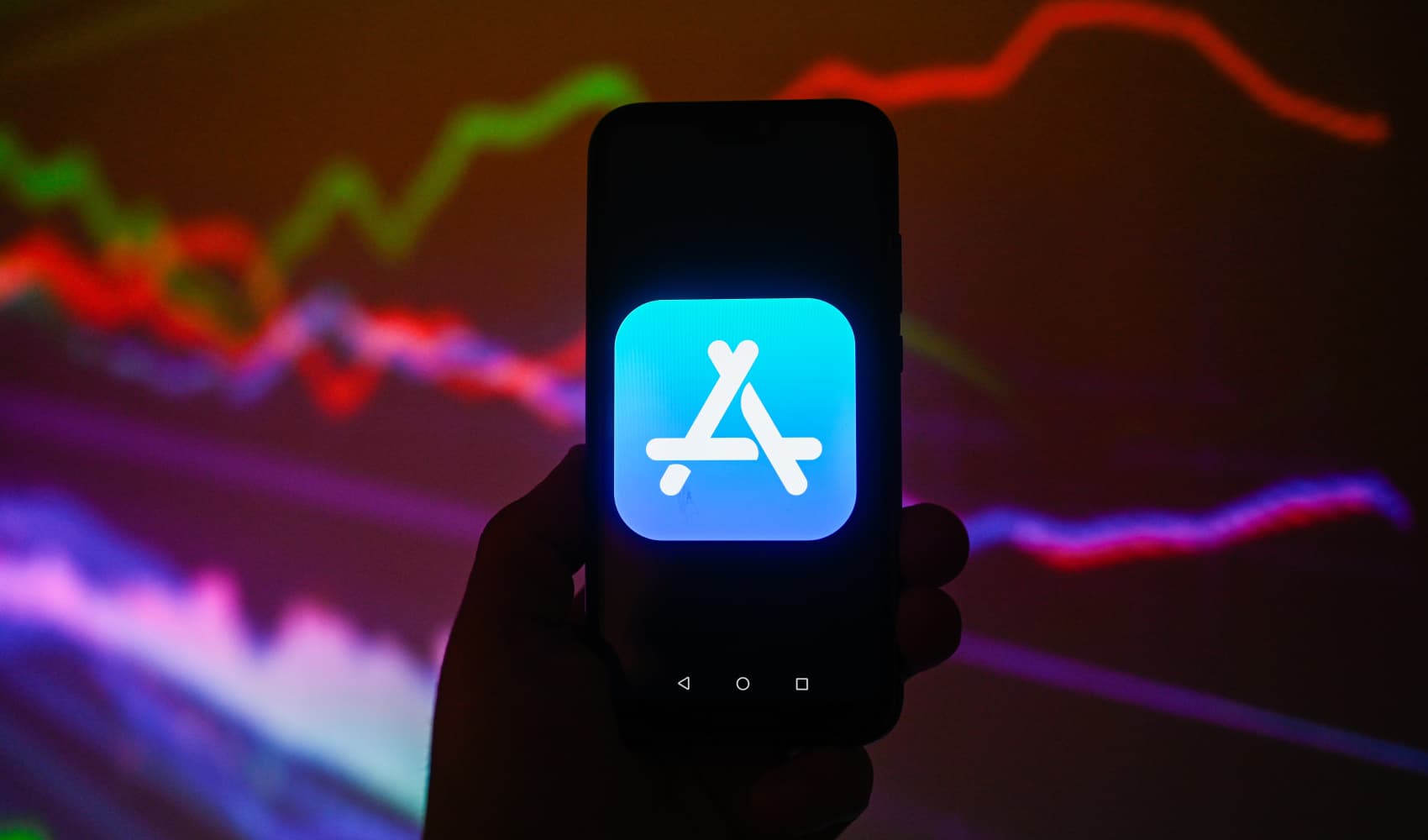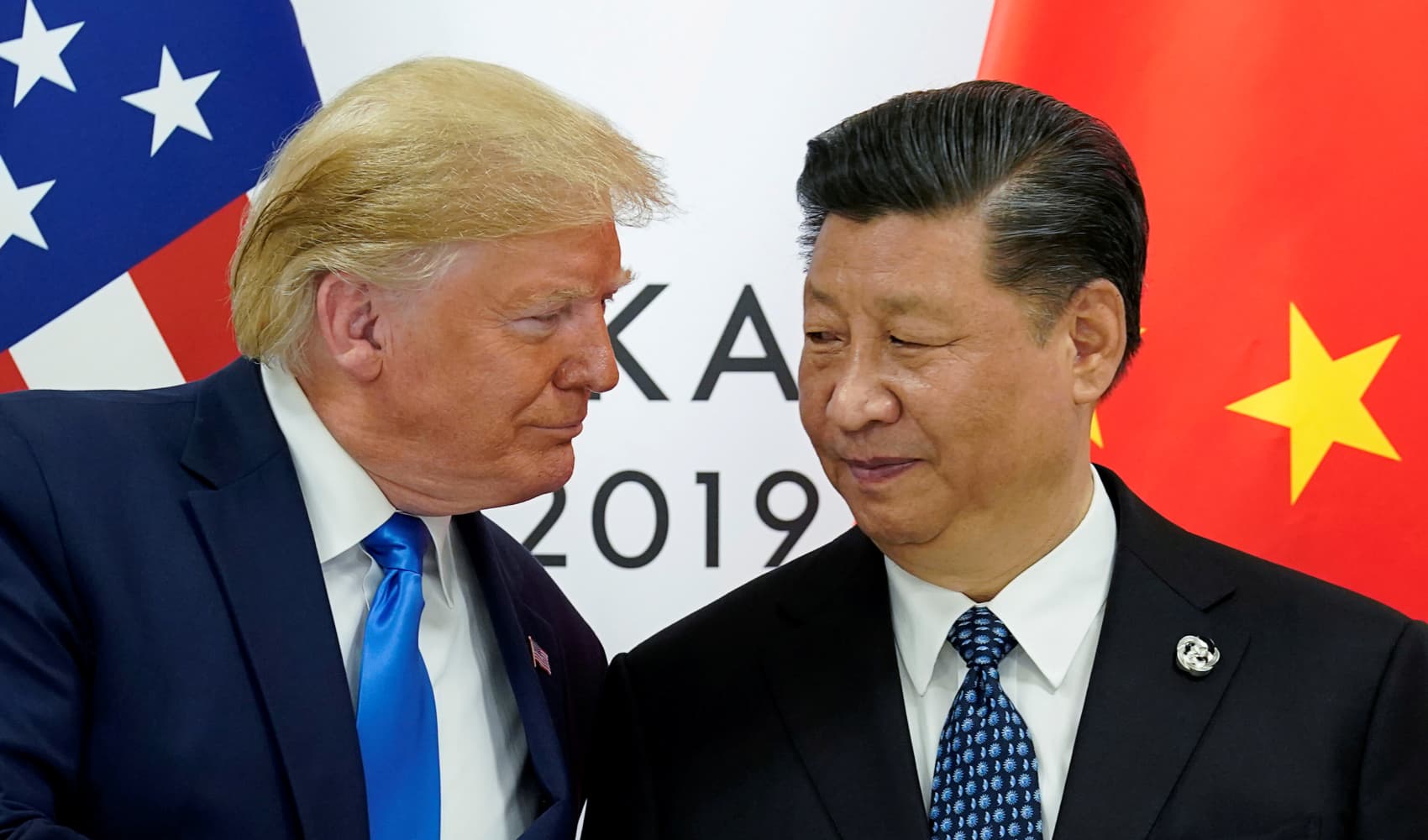
Sheikh Mohammed bin Zayed Al Nahyan, Crown Prince of Abu Dhabi at Downing Street on September 16, 2021 in London, England.
- The agenda for Sheikh Mohammed bin Zayed Al Nahyan's meeting with U.S. President Joe Biden and Vice President Kamala Harris will include discussions on major regional challenges like the war in Gaza.
- The visit is also expected to feature meetings with key U.S. business leaders and tech executives.
- In February, OpenAI CEO Sam Altman said the UAE could serve as the world's "regulatory sandbox" to test artificial intelligence.
Emirati President Sheikh Mohammed bin Zayed Al Nahyan's first official trip to the United States aims to push the United Arab Emirates-U.S. relationship to a new "geo-economic phase" centered on economic growth and innovation, top officials said ahead of a meeting of the two leaders in Washington, D.C., on Monday.
"The purpose of the visit is really from an Emirati perspective, it's investing in our future … through an economic lens," Anwar Gargash, the Emirati leader's most senior diplomatic advisor, told reporters during a briefing in Dubai on Thursday.
The agenda for Sheikh Mohammed's meeting with U.S. President Joe Biden and Vice President Kamala Harris will include discussions on major regional challenges like the war in Gaza, but Gargash said the primary objective is economic realignment, as the UAE seeks to push the relationship beyond the traditional focus of regional conflict, oil and defense.
"We are more in a geo-economic phase," Gargash said, suggesting that the Emirati president would seek to expand economic and security cooperation, but also key areas like artificial intelligence, renewable energy, climate and space.
"The two leaders will highlight a half century trajectory of UAE-U.S. partnership in trade, investment and security," the Emirati ambassador to Washington, Yousef al-Otaiba, posted on X ahead of the visit. "Few countries are moving as fast on advanced technologies and artificial intelligence — and as closely in sync with the U.S. — as the UAE," he added.
Growing investment ties
Money Report
In February, OpenAI CEO Sam Altman said the UAE could serve as the world's "regulatory sandbox" to test artificial intelligence. Microsoft followed up with a major $1.5 billion investment in the UAE's top artificial intelligence firm, G42, in April.
BlackRock, Global Infrastructure Partners, Microsoft and the Mubadala-backed MGX investment company also recently announced the Global AI Infrastructure Investment Partnership, underscoring the UAE's strategic focus on U.S. technology and AI to drive future economic growth.
The visit is also expected to feature meetings with key U.S. business leaders and tech executives, reinforcing the UAE's aim of attracting American investment, while also maintaining its investment and diplomatic relations with China. The Emirates have been subject to chip curbs from the Biden administration due to fears over American technology being shared with Beijing.
Trillion-dollar relationship
The United States and the UAE have a trade and investment partnership that spans more than five decades. In 2023, bilateral trade between the UAE and the U.S. was worth around $31.4 billion, with U.S. exports to the UAE exceeding $24.8 billion, according to the UAE Embassy in Washington, D.C.
The UAE, which produces nearly 4% of the world's oil supply, also has investments in the United States that total $1 trillion. The UAE sovereign wealth funds including the Investment Authority and Mubadala are major investors in American real estate, infrastructure and technology sectors.
The UAE has remained a key strategic defense and security partner to Washington, playing host to the American air base in Al Dhafra, while working as a key partner alongside the U.S. in Afghanistan and Iraq. The UAE also participated in the global coalition to defeat the Islamic State group, as well as operations against al-Qaeda and groups affiliated with the organization throughout the region. The UAE has also played a key role in conflicts around the region, including in Libya, Sudan and Yemen.
"We see that we are laying a map for what we are thinking in the next 20 years," Gargash said, adding that the strategic ties have now shifted to what he called "a 360 degree relationship."
The meeting of the two leaders also comes as the ongoing conflict in Gaza continues to cause a major humanitarian crisis and upend regional stability. The latest wave of Israeli attacks against Hezbollah targets in Lebanon and news that Iran is helping the Houthi rebels in Yemen to target and down U.S. Reaper drones has added to complications over a cease-fire, ahead of the anniversary of the Oct. 7 attack on Israel and the upcoming American election on Nov. 5.






